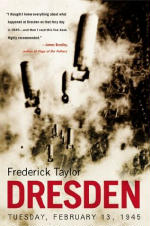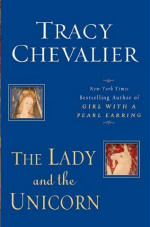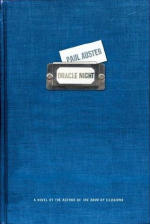Gilgamesh by Joan London has been my companion on the elliptical at the gym for the past two weeks or so. An award-winner and bestseller in Australia, it's an epic story of a young Australian woman and her son, the result of a night of merrymaking with an Armenian visitor.
Primarily set during the 1930s and 1940s, the novel follows Edith as she attempts to transform a barren future living in the bush on the southwest coast of Australia by journeying to Soviet Armenia to find Aram, her child's father. Though this is the adventure of her life, she takes no pleasure in the trip, and it is indeed unpleasant, coming as it does as World War II begins in Europe. Defying the odds, she receives the help of a fellow traveler (Armenian, of course) who wheels and deals and nearly gets himself killed spiriting her past the Soviet military police. Now indebted to this man who saved her life, she agrees to live in the apartment next to him and help care for his handicapped, shrewish wife.
Edith accepts this fate so passively, without protest, staying in Armenia (a setting beautifully rendered) for several years until it becomes too dangerous for her to remain. Here she lives the most aggravatingly passive life. She exerts no effort to find Aram, completely relying on others to do the searching for her. She remains in one city, confined largely to one apartment. Only upon leaving the country does she learn that Aram has been killed at the front. With the help of her cousin, she returns to her home in Australia, where she has no future. She lives the life of "getting by," and half-heartedly raises her wild, impulsive son, making no effort to improve her life or his, or to achieve some measure of happiness. Yes, it's depressing. She does leap out of her passivity for one grand, final act when she rescues her son from a juvenile detention home.
The language in
Gilgamesh is beautiful, but the story left me dissatisfied. I thought the parallel to the epic poem
Gilgamesh was weak, for those who are wondering what this story has to do with the Sumerian wanderer. On to greener pastures, I hope.
The Lady and the Unicorn by Tracy Chevalier is waiting for me at the library, but because I haven't read the book I'm supposed to review by February 12th, Frederick Taylor's Dresden: Tuesday, February 13, 1945 (Harpercollins), it may be a while before I get to it.
 I guess I mentioned that I was reviewing
I guess I mentioned that I was reviewing  I had high hopes for
I had high hopes for  Oracle Night by Paul Auster is sensational. I've finished it and have read the ending several times, going backwards and forwards. I cannot fathom why so many reviewers are disappointed in it and I don't agree at all with their criticisms. Stacey D'Erasmo, author of Tea, gave it a good review in the
Oracle Night by Paul Auster is sensational. I've finished it and have read the ending several times, going backwards and forwards. I cannot fathom why so many reviewers are disappointed in it and I don't agree at all with their criticisms. Stacey D'Erasmo, author of Tea, gave it a good review in the 